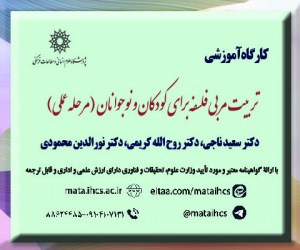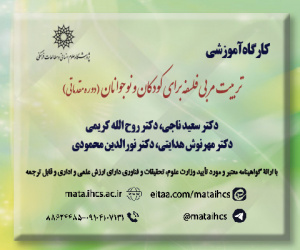بررسی جامعه شناختی فرهنگ انرژی در بین کنشگران ساخت مسکن و ساختمان (مقاله علمی وزارت علوم)
درجه علمی: نشریه علمی (وزارت علوم)
آرشیو
چکیده
امروزه مسئله ی هدررفت انرژی، یکی از مهم ترین چالش های محیط زیست می باشد. بر اساس پژوهش ها، مصرف انرژی خانگی در ایران نسبت به میانگین جهانی آن بالاتر است. بسیاری از پژوهش ها، صرفا به فرهنگ مصرف کنندگان در واحدهای مسکونی تمرکز کرده اند؛ درحالیکه در بسیاری از اوقات شرایط فیزیکی ساختمان منجر به هدر رفت انرژی می شود. شرایط فیزیکی ساختمان نیز قبل از سکونت توسط سازندگان، مهندسان و عوامل دیگر بوجود آمده است. بنابراین کنشگران در حوزه ی ساخت وساز موضعیت پژوهش جاری است. رویکرد این پژوهش کیفی و با راهبرد نظریه زمینه ای انجام پذیرفته است. مصاحبه ها به صورت نیمه ساختار یافته با کنشگران ساخت و ساز انجام شده است. با استفاده از نظریه زمینه ای تا جایی که به پژوهشگران به اشباع نظری برسند، مصاحبه ها انجام شد. بر همین اساس کد گذاری باز، محوری انجام گردید و سپس مقوله هسته از آن استخراج گردید. ابتدا بر اساس کدهای مربوطه، یافته ها در سه بخش هنجارهای شناختی، فرهنگ مادی و رویه ها بهمراه موانع و تسهیلگرهای آنان تقسیم بندی شدند. یافته های پژوهش نشان می دهد که سطح دانش و نگرش کنشگران، هنجارهای شناختی را تضعیف نموده است و این موضوع بخصوص در مناطق پایین شهر بیشتر به چشم می خورد. همچنین هزینه ها و مرسومات، بالاترین اثر را در نوع فرهنگ مادی کنشگران دارد. بیشترین تسهیلگری در فرهنگ انرژی ساخت وساز را رویه های انرژی و سپس فرهنگ مادی در قسمت های بالای شهر تهران دارد و نیز هنجارهای شناختی و فرهنگ مادی در پایین شهر، اثر کمتری بر فرهنگ انرژی ساخت وساز دارد.Sociological study of energy culture among housing and building construction activists
Nowadays, the problem of energy wastage is one of the most critical environmental challenges. According to research, household energy consumption in Iran is higher than the global average. Many researchers have only focused on the culture of consumers in residential units, While many times, the physical condition of the building leads to energy wastage. The physical condition of the building was created by the builders, engineers, and other factors (construction activists) before the settlement. The approach of this qualitative research was carried out with the grounded theory strategy. Semi-structured interviews have been conducted with construction activists until researchers reach theoretical saturation. Based on this, open, axial coding was done, and the core category was extracted from it. First, based on the relevant codes, the bases and conditions of neglecting building energy were divided into three parts: cognitive norms, material culture, and energy practices, along with their obstacles and facilitators. The research findings, focusing on the individual and organizational level, show that the level of knowledge and attitude of the activists has weakened the cognitive norms. This issue is especially noticeable in the lower areas of the city. Also, construction costs and customs have the highest effect on the type of activists' material culture. Energy procedures and material culture in the upper parts of Tehran have the most excellent facilitation in the energy culture of construction, and cognitive norms and material culture in the lower part of the city have less effect on the optimal energy culture of construction. Sanctions have led to the pressure of the trim to a medium level, and indifference to the energy consumption of the building has been achieved.



